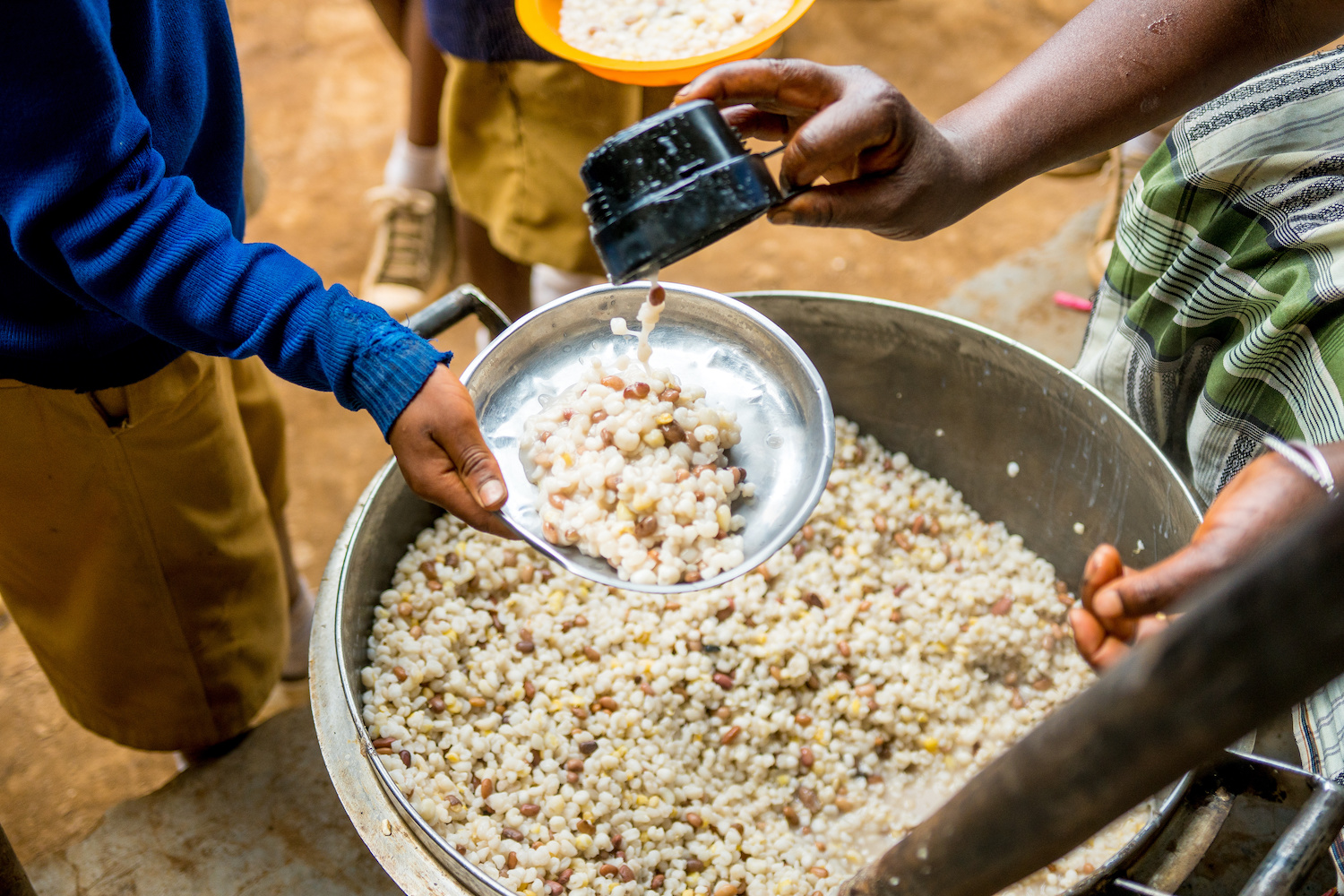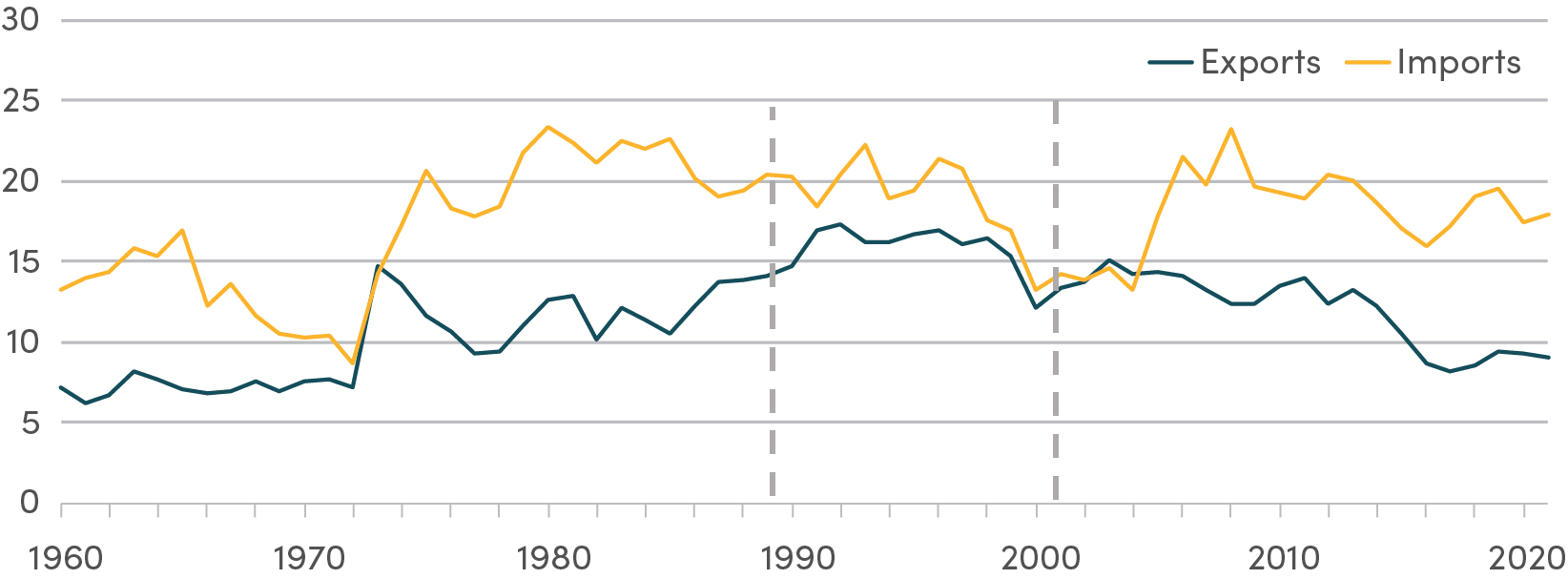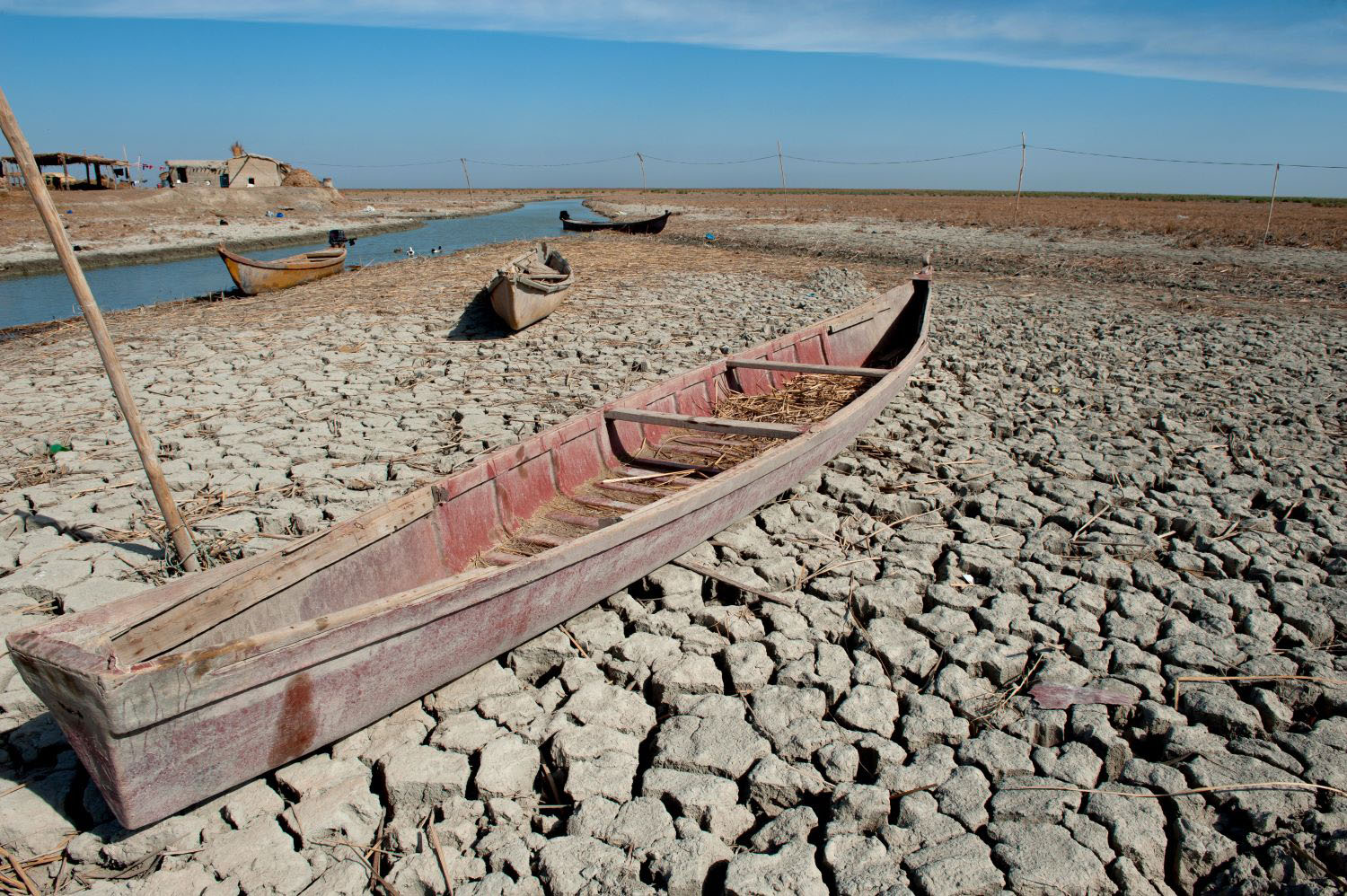This is a joint post with Connie VeilletteThe G20 agriculture ministers seem to agree: they're all for food security, as long as it doesn't cost anything. The
communiqué from last week's summit in Paris has lots of nice rhetoric and some good ideas, but no resources to implement them. In some cases, new priorities duplicate other efforts; in others, the ministers overlooked policy options that would have a big impact and cost little – or even save money – as with increased trade access or ending export restrictions and biofuel subsidies.For example, take the proposed new Agricultural Market Information System (AMIS) “to improve the quality, reliability, accuracy, timeliness and comparability of data on agricultural markets (production, consumption and stocks);” who could disagree with that? But the UN Food and Agricultural Organization already collates and publishes much of the available data (as well as regularly reporting on the outlook for food and individual commodity markets), and USAID’s Famine Early Warning System Network (FEWSNET) reports on a wide range of conditions that could lead to famine. So is the need really for a new system to do pretty much the same thing or is the need for resources to help developing countries build the capacity to improve local data collection that can then be fed into the FAO system?The other specific initiatives in the communiqué – an international wheat improvement research initiative, a satellite monitoring initiative, a rapid response forum, a risk management toolbox, and a pilot emergency food reserve – generally seem like good ideas, but they all suffer from being unfunded. In some cases, like the AMIS, they appear to duplicate existing efforts without being clear on the value added of the new initiative.In the run-up to this summit, the ministers requested a
joint study on policy options to address price volatility from ten international organizations. Interestingly, the ministers sidestepped some of the issues the report identified as contributing to food insecurity: obstacles to trade, export restrictions, high oil prices and the role of biofuels subsidies, and challenges to farm productivity.While risk management tools and more robust safety nets are clearly needed, expanding and deepening international agricultural markets would probably do more than anything else to mitigate price volatility; the ministers in Paris dutifully called for a “successful, ambitious, comprehensive and balanced conclusion” to Doha Round of trade negotiations. Unfortunately, it was the day after the trade ministers meeting in Geneva
failed to make progress on even a “mini-package” to salvage something from the decade-old round.Oil and commodity prices have become increasingly tied together, making the diversion of crops to biofuels more attractive, but the ministers deferred any action on subsidies for biofuels. Aside from a short narrative on the need to raise farm yield and calls for national governments to support productivity gains, there were few actionable items on this front.The G-20 farm ministers did “agree to remove food export restrictions or extraordinary taxes for food purchased for non-commercial humanitarian purposes by WFP and to not impose them in the future,” but that does nothing to reduce the exacerbating effects of export restrictions on global price spikes or the resulting higher costs of providing food aid to those in need.Perhaps the heads of state meeting at a November Summit, to whom the G20 ministers’ recommendations will be submitted, will find the political will to take bolder action. Unless they do, this agriculture summit will be an example of “a lot of hooey, but little dooey.”
CGD blog posts reflect the views of the authors, drawing on prior research and experience in their areas of expertise.
CGD is a nonpartisan, independent organization and does not take institutional positions.





